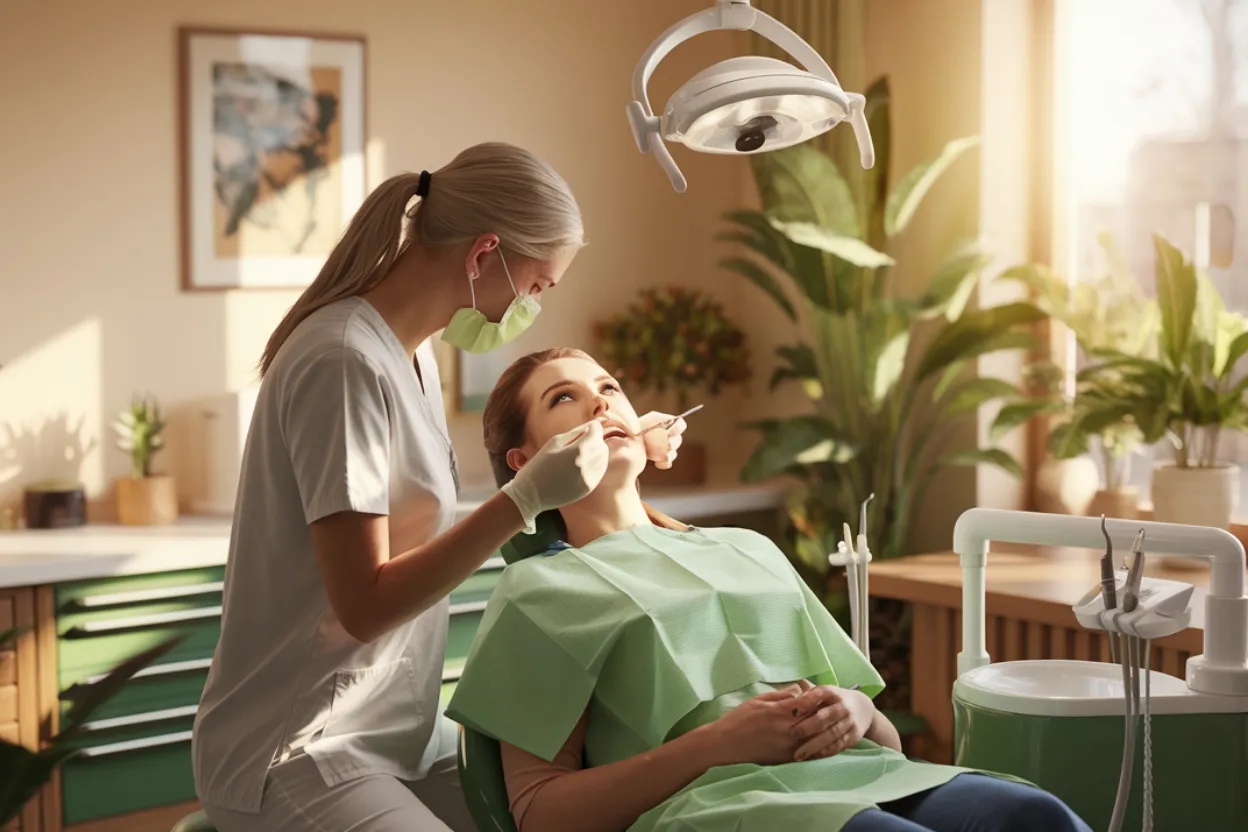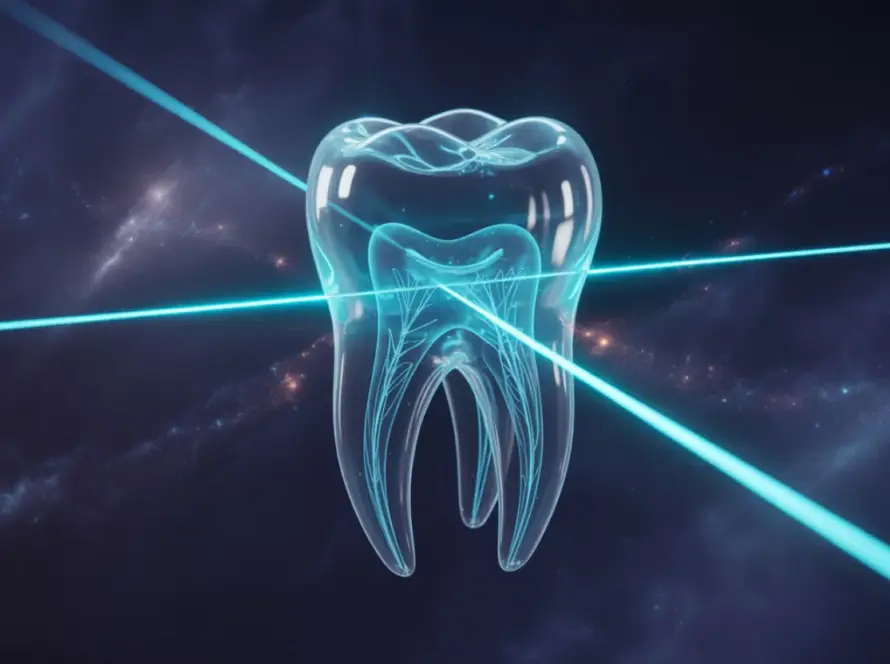Cavities are everywhere—nearly everyone deals with them at some point, but the truth is, you don’t have to. Most cavities are totally preventable. That’s where preventive dentistry comes in. It’s all about protecting your teeth before decay sneaks in and causes pain, infections, or big dental bills. Think of it like routine maintenance for your mouth. A little effort now saves you a lot of trouble down the road.
How Cavities Happen
Your mouth is full of bacteria that love to snack on sugars. When they do, they produce acids that wear down your enamel—the hard outer shell of your teeth. If you keep feeding those bacteria, the acid creates tiny holes called early cavities. At first, it’s fixable—fluoride can still patch things up. But if you ignore it, that small problem turns into a bigger one, and suddenly you’re looking at drills and fillings.
What Preventive Dentistry Really Means
1. Professional Cleanings
Plaque hardens into tartar in just a few days, and you can’t brush it away. Dental hygienists use special tools to remove tartar from spots your toothbrush can’t reach. This cuts down on bacteria and helps keep your gums in shape.
2. Regular Dental Exams
Seeing the dentist every six months isn’t just a suggestion—it’s key. Dentists use digital X-rays and tiny cameras to catch problems you’d never spot in the mirror. Catch a cavity early, and you keep your tooth and your wallet happier.
3. Fluoride Treatments
Fluoride is your enamel’s best friend. In-office treatments are way stronger than what you get from toothpaste, and they work especially well for people who get cavities easily.
4. Dental Sealants
Sealants are like invisible shields for your molars. Dentists paint a thin resin over the chewing surfaces, blocking out bacteria and food that love to hide in deep grooves. With sealants, kids can avoid up to 80% of cavities in those back teeth.
5. Diet Advice
Your dentist probably asks about your snacks and drinks for a reason. Constant snacking and sugary drinks keep acid levels high, so they’ll suggest cutting back or rinsing with water to protect your teeth.
The Latest Tech in Prevention
Dentistry’s come a long way. Tools like laser cavity detectors (DIAGNOdent) can spot trouble before you even have a cavity. Some clinics use AI to scan X-rays and flag issues early, so you get faster, more accurate care.
Good Habits at Home
- Brush twice a day with fluoride toothpaste.
- Floss or use those little interdental brushes every day.
- If your dentist says so, use a fluoride or antibacterial mouthwash.
- Drink water to keep your mouth moist—saliva is nature’s defense.
- Swap out your toothbrush every three months or after being sick.
Eating for Healthy Teeth
- Skip sticky candies, sodas, and juice when you can.
- Eat crunchy, high-fiber foods—they help you make more saliva.
- Dairy is great: milk and cheese buffer acids and add calcium.
- Drink tap water if it’s fluoridated.
Spotting Trouble Early
Keep an eye out for white, chalky spots, sensitivity to sweets or cold, bad breath that won’t go away, or food getting stuck between your teeth. These are early warning signs. Catch them now, and you might just need a little fluoride or a quick fix—no drilling required.
Why Prevention Pays Off
- You keep your strong, natural teeth.
- Say goodbye to expensive crowns and fillings.
- Lower your risk of gum disease and bad breath.
- Your smile looks better, and you feel more confident.
- Plus, a healthy mouth supports your whole body—oral infections link to heart disease and diabetes.
Real-Life Example
One teenager always seemed to get cavities. Her dentist started her on fluoride varnish and added sealants to her molars. Five years later? Zero new cavities, while her friends needed multiple fillings. She spent less time in the chair, less money, and skipped the toothaches. Prevention really works.
Conclusion
Preventive dentistry shifts you from fixing problems to stopping them before they start. Cleanings, sealants, fluoride, and a few smart daily habits keep your teeth strong and your smile bright. A few minutes a day is all it takes to enjoy healthy teeth for life.



